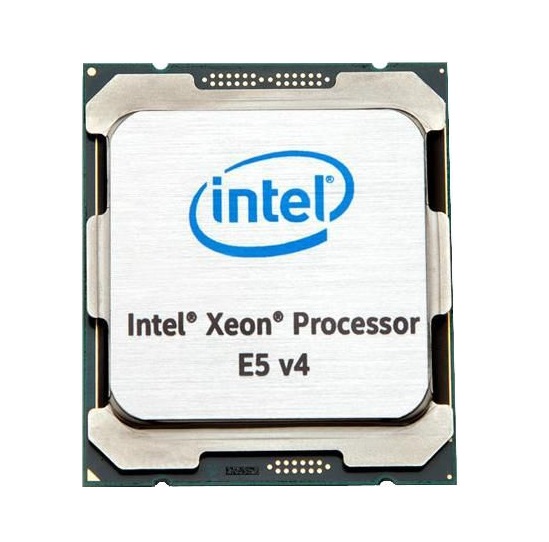CPUs and Processors
Welcome to our online store, where we offer a wide range of CPUs and processors for your computing needs. Whether you're building a new computer or upgrading your existing system, we have the right CPU or processor for you.
CPUs (Central Processing Units) and processors are the most important component of a computer system. They are responsible for executing all the commands and processing data. A good CPU or processor can make a significant difference in the performance of your computer, making it faster and more responsive.
Benefits:
High performance:A good CPU or processor can significantly improve the performance of your computer, making it faster and more responsive.
CPUs (Central Processing Units) and processors are the most important component of a computer system. They are responsible for executing all the commands and processing data. A good CPU or processor can make a significant difference in the performance of your computer, making it faster and more responsive.
Desktop hard drives are an essential part of personal computers, laptops, and workstations. They offer a reliable and affordable way to store large amounts of data, including operating systems, software, documents, pictures, and videos. With the increasing demand for digital storage, desktop hard drives have become more advanced and accessible, with faster read/write speeds, larger capacities, and improved durability. In this article, we will discuss the benefits, types, components, and maintenance of desktop hard drives. Desktop hard drives offer several benefits, including: Desktop hard drives offer a high storage capacity, with some models capable of storing up to several terabytes of data. Desktop hard drives are more affordable than other types of storage devices such as solid-state drives. Desktop hard drives are compatible with most computers, laptops, and workstations, making them a versatile storage option. Desktop hard drives are reliable and can store data for extended periods without needing maintenance or replacement. Desktop hard drives come in two types: These are hard drives that are installed inside the computer case and are connected to the motherboard via a SATA or IDE cable. Internal hard drives are available in different form factors, including 3.5-inch and 2.5-inch drives, with the former being more common in desktop computers. These hard drives are housed in an enclosure and connected to the computer via a USB or Thunderbolt cable. External hard drives are portable and offer the convenience of being able to carry large amounts of data with you. Desktop hard drives consist of several components, including: These are the circular disks on which data is stored. They are made of metal or glass and are coated with a magnetic material that allows data to be written and read from the disk. This is a tiny magnetic head that reads and writes data to the platters. The read/write head hovers over the platter on a cushion of air and moves across the disk surface as the platters spin. This is the mechanical arm that moves the read/writes head across the platters. The actuator arm is controlled by a servo motor that positions it with precision. This is the printed circuit board that controls the operation of the hard drive. It contains firmware, which is the software that manages the data on the disk, and the interface connector that connects the drive to the computer. To ensure the longevity of your desktop hard drive, you should perform regular maintenance, including: This is the process of rearranging the data on the disk to improve read/write speeds. It should be performed regularly to ensure optimal performance. Dust and debris can accumulate on the hard drive's surface and cause it to overheat or malfunction. You should clean your desktop hard drive regularly to remove any dirt or dust that may have accumulated on the surface. You should back up your data regularly to ensure you don't lose any important files in case of a hard drive failure or other disasters. Desktop hard drives are essential storage devices for personal computers, laptops, and workstations. They offer a reliable, affordable, and versatile way to store large amounts of data. With proper maintenance, desktop hard drives can last for several years and provide trouble-free service. By understanding the benefits, types, components, and maintenance of desktop hard drives, you can make an informed decision when purchasing a new hard drive for your computer.Desktop Hard Drive
Benefits:
Storage Capacity:
Affordability:
Compatibility:
Reliability:
Types:
Internal Hard Drives:
External Hard Drives:
Components:
Platters:
Read/Write Head:
Actuator Arm:
PCB Board:
Maintenance:
Defragmentation:
Cleaning:
Backups:
Conclusion:










